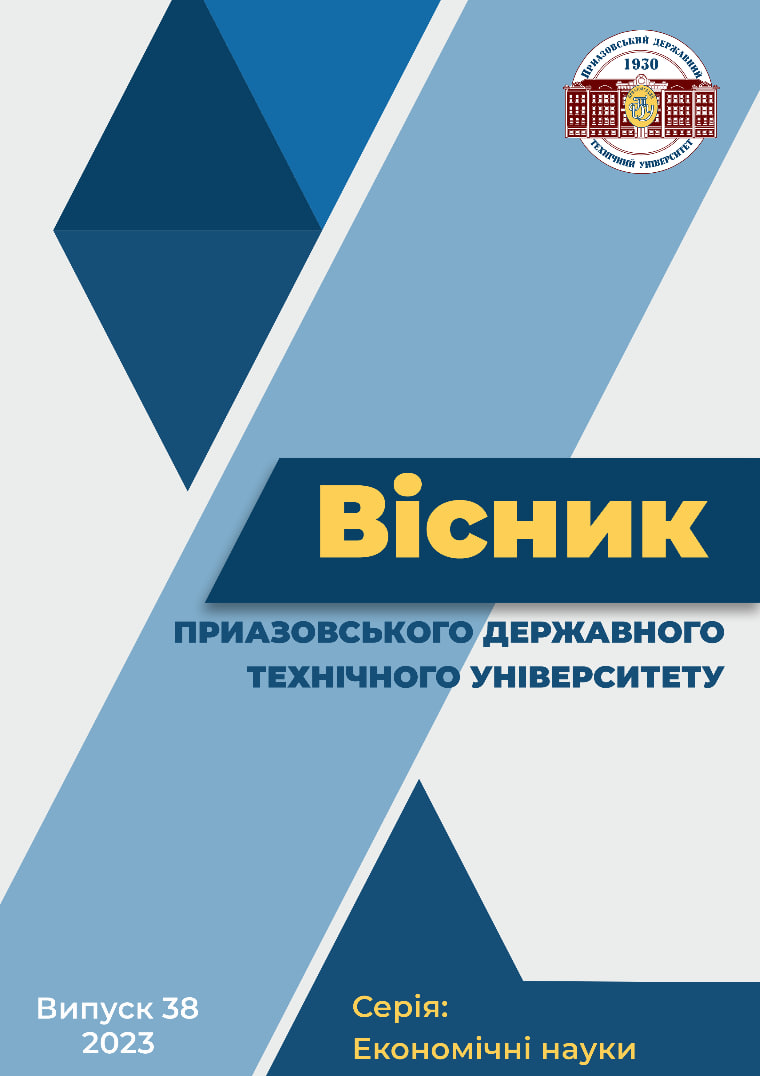Approaches to understanding nature and types of human capital
DOI:
https://doi.org/10.31498/2225-6725.1(38).2023.280737Keywords:
Human capital,, potential human capital, real human capital, personal (individual) human capital, state (public) human capitalAbstract
Implemented а study near the definition of «human capital» and analyzes the types. A economic interpretation of the concept of human capital is considered, proposed during the definition of the concept to proceed from the standpoint of sociology, of investment activity, take into attention demography science in general, economic demography science to consider labor potential.Law as objective possibilities set forth in legal prescriptions is considered. During the analysis of human capital to take into attention the psychological aspect of a person is proposed. Motivation is the driving force of human capital.The ratio of personal capital and public capital is investigated, for understand human capital as a prerequisite for the formation of public capital is proposed.The article analyzes the potential human capital and real human capital to i investigate factors of transformation potential human capital into realThe content of positive factors is considered a motivation, invest in, proper living wage, presence of job creation, and else. The negative factors is consider a low standard of living that encourages a person to realize their knowledge and skills in practice from exchange for livelihood.Characterization of levels of functioning of human capital is given. To consider individual (personal) human capital as a positive phenomenon it is proposed not only in the negative aspect. It is also proposed to distinguish public(state) human capital, the subject of which is there are individuals - members of public (society).
Downloads
Published
How to Cite
Issue
Section
License

This work is licensed under a Creative Commons Attribution-NonCommercial 4.0 International License.
The journal uses the Creative Commons Attribution 4.0 International (CC BY 4.0) licence, which means that the authors retain copyright and allow others to freely use, modify, adapt, distribute articles; even for commercial purposes - provided that the authorship and source are indicated. Full text of the licence: https://creativecommons.org/licenses/by/4.0/deed.uk.



